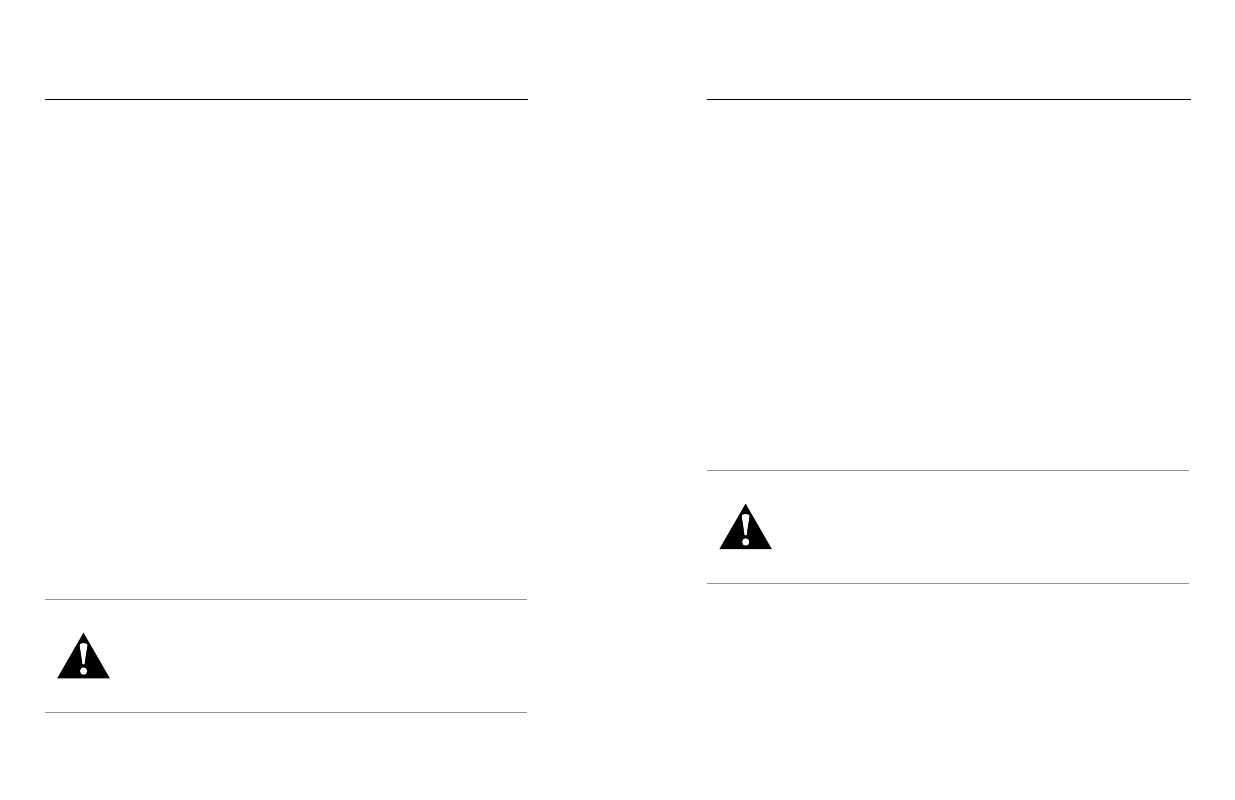Battery information – GoPro Hero 5 Black User Manual
Page 45

88
89
BATTERY INFORMATION
MAXIMIZING BATTERY LIFE
A message appears on the touch display if the battery drops below 10%.
If the battery reaches 0% while recording, the camera saves the file and
powers off.
To maximize battery life, follow these guidelines when possible:
• Turn off Wireless Connections
• Capture video at lower frame rates and resolutions
• Turn off Protune
• Use these settings:
•
•
•
RECORDING WHILE CHARGING
Using the USB-C cable that came with your camera, you can capture video
and photos while the camera is plugged in to a USB charging adapter, the
GoPro Supercharger, another GoPro charger, or the GoPro Portable Power
Pack. Although the battery does not charge during recording, you can
use one of the above methods to power the camera and obtain extended
recording time. When you stop recording, charging resumes. (You cannot
record while charging the camera through a computer.)
Note: Because the side door is open, the camera is not waterproof during charging.
WARNING: Using a wall charger other than a GoPro charging
device can damage the GoPro camera battery and could
result in fire or leakage. With the exception of the GoPro
Supercharger (sold separately), only use chargers marked:
Output 5V 1A. If you do not know the voltage and current
of your charger, use the included USB cable to charge the
camera from your computer.
BATTERY INFORMATION
BATTERY STORAGE AND HANDLING
The camera contains sensitive components, including the battery. Avoid
exposing your camera to very cold or very hot temperatures. Low or high
temperature conditions may temporarily shorten the battery life or cause
the camera to temporarily stop working properly. Avoid dramatic changes in
temperature or humidity when using the camera, as condensation may form
on or within the camera.
Do not dry the camera or battery with an external heat source such as a
microwave oven or hair dryer. Damage to the camera or battery caused by
contact with liquid inside the camera is not covered under the warranty.
Do not store your battery with metal objects, such as coins, keys or
necklaces. If the battery terminals come in contact with metal objects, this
may cause a fire.
Do not make any unauthorized alterations to the camera. Doing so may
compromise safety, regulatory compliance, performance, and may void
the warranty.
WARNING: Do not drop, disassemble, open, crush, bend,
deform, puncture, shred, microwave, incinerate or paint the
camera or battery. Do not insert foreign objects into the
battery opening on the camera. Do not use the camera or
the battery if it has been damaged—for example, if cracked,
punctured or harmed by water. Disassembling or puncturing
the battery can cause an explosion or fire.
BATTERY DISPOSAL
Most rechargeable lithium-ion batteries are classified as non-hazardous
waste and are safe for disposal in the normal municipal waste stream. Many
localities have laws in place requiring battery recycling. Check your local
laws to make sure that you can dispose of rechargeable batteries in your
regular trash. To safely dispose of lithium-ion batteries, protect terminals